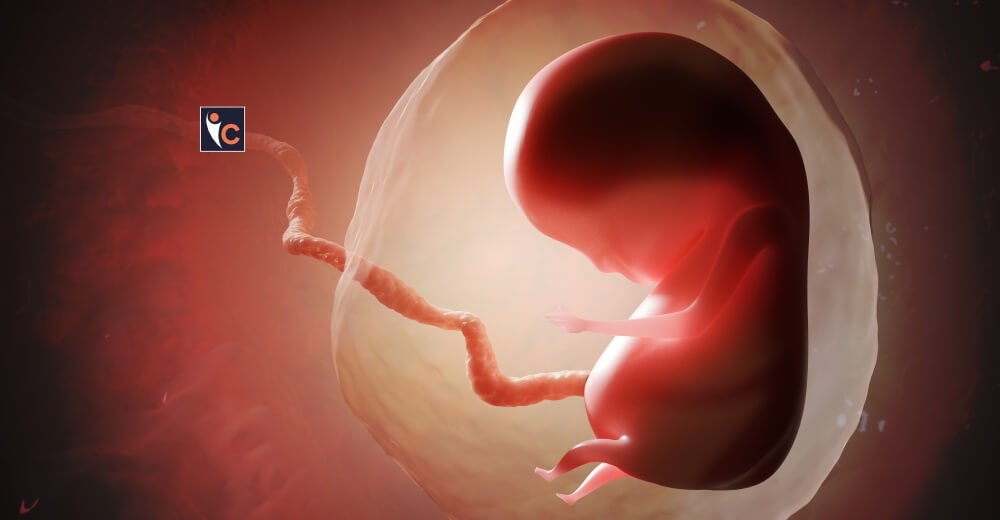Progress, Gaps, and Future Prospects
Universal Health Coverage (UHC) is a foundational pillar of a just and equitable healthcare system. It envisions that all individuals and communities receive the quality healthcare they need without suffering financial hardship. In India, while significant strides have been made towards achieving UHC, there remain challenges that need to be addressed for a comprehensive and inclusive healthcare system. India’s journey towards UHC has seen notable progress in recent years. The government’s initiatives like the Ayushman Bharat program, which includes the Pradhan Mantri Jan Arogya Yojana (PMJAY) and the establishment of Health and Wellness Centers, aims to provide financial protection to vulnerable populations and enhance primary healthcare access. Additionally, UHC has been recognized as a key priority in India’s National Health Policy, underlining the government’s commitment to ensuring healthcare for all.
However, despite the progress, some gaps hinder the effective implementation of UHC in India. Let’s put light on the same and go over the concepts of Progress, Gaps, and Future Prospects.
Healthcare Infrastructure: – Inadequate healthcare infrastructure in rural and remote areas limits access to quality healthcare. Shortages of medical facilities, equipment, and skilled personnel pose barriers to achieving UHC.
Equitable Access: – Disparities in healthcare access persist across regions and socio-economic groups. Marginalized populations often face difficulties in accessing healthcare due to social, economic, and geographical factors.
Healthcare Quality: – While UHC aims for universal access, ensuring the quality of care remains essential. Many facilities lack the necessary resources and trained personnel to provide effective treatment.
Financial Protection: – While programs like PMJAY provide financial protection, out-of-pocket expenses still burden many families. Catastrophic health expenditures can push households into poverty.
Preventive Care Emphasis: – UHC should not only focus on treatment but also emphasize preventive care. Investments in health promotion, disease prevention, and early intervention are crucial to reducing the overall healthcare burden.
Urban-Rural Divide: – Rural areas often face greater challenges in accessing healthcare compared to urban areas. Bridging this divide is essential for achieving equitable UHC.
Health Information Systems: – Effective UHC requires robust health information systems to track patient data, disease patterns, and service delivery, enabling informed decision-making.
The road to comprehensive UHC in India involves addressing existing gaps and charting a clear path for the future.
Strengthening Primary Healthcare: – Investing in well-equipped Health and Wellness Centers can enhance primary healthcare services, serving as the first line of defense against diseases and promoting preventive care, which is very crucial.
Rural Healthcare Infrastructure: – Expanding healthcare infrastructure in rural areas through the establishment of well-equipped hospitals and clinics is essential for equitable access to quality care.
Healthcare Workforce Development: – Training and deploying a skilled healthcare workforce, especially in remote areas, is vital for ensuring timely and effective healthcare delivery. It will not only ensure the safety of the patient’s life but also help in reducing the work pressure on medical professionals.
Health Financing: – Continued efforts to reduce out-of-pocket expenses and provide financial protection to vulnerable populations are crucial. Innovative financing mechanisms should be explored.
Promoting Preventive Care: – Increasing awareness and investment in preventive care measures can reduce the burden of diseases and contribute to long-term health and well-being.
Digital Health Solutions: – Leveraging technology for telemedicine, electronic health records, and health information systems can enhance service delivery and data-driven decision-making. It will moreover make the process hassle-free for people so they could also order medicine at the convenience of their homes.
Community Engagement: – Involving communities in healthcare planning and decision-making can empower individuals to take ownership of their health and ensure that healthcare services meet their needs.
Conclusion
Universal Health Coverage is not merely a goal but a moral imperative for a country as diverse and populous as India. The progress made so far, while commendable, requires sustained efforts to bridge the existing gaps and ensure a healthcare system that leaves no one behind. By addressing infrastructure deficits, promoting preventive care, enhancing healthcare quality, and prioritizing equitable access, India can move closer to achieving the vision of UHC. As we shape the future of healthcare in India, UHC must remain at the forefront of our efforts, guiding us toward a healthier, more inclusive nation.





